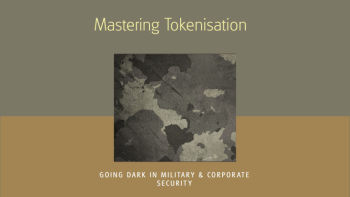Chancellor throws UK economy a lifeline
Chancellor throws UK economy a lifeline
By Iain Fraser – Geopolitical Journalist
www.GEOPoliticalMatters.com
UK Chancellor of the Exchequer, Rishi Sunak has delivered a budget specifically designed to get Britain through the Covid-19 crisis in what is hoped as “one final push” to kickstart the economy and to be prepared to embrace the post-covid economy.
The sting in the tail is a hike in corporation tax from 2023 seen to go some way toward asuaging the hard hit public finances.
Sunak said that the economy would return to its pre-pandemic size in mid-2022, six months earlier than previously forecast, helped by Europe’s fastest coronavirus vaccination programme.
But lasting economic damage equivalent to 3% of annual output would persist, and 65 billion pounds ($91 billion) of extra support was needed in the short term as restrictions were lifted over the next few months, he said.
Britain’s first rise in corporation tax since 1974 will see big, profitable companies pay 25% from 2023 compared to 19% now and the overall rate of taxation in the economy increase to its highest since 1969.
Image Credit: UK Government – Under CC









